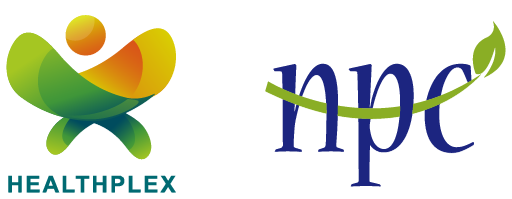Ergothioneine – an amino acid found in mushrooms, beans and oat bran – has long intrigued researchers for its antioxidant and cytoprotective properties. Humans cannot synthesize it, but we actively transport and store it through a dedicated mechanism, suggesting evolutionary importance, and lower circulating levels have been linked with cognitive decline and neurodegenerative disease.
Now, evidence from one of the first placebo-controlled trials assessing cognitive performance in healthy adults has brought ergothioneine into sharper focus. Conducted by Zajac et al, the study examined whether daily supplementation with pure ergothioneine could influence cognitive outcomes in healthy older adults (55–79 years) with subjective memory complaints. While modest in scale, the findings mark a shift from correlation to intervention – from observing associations in plasma levels to testing measurable effects on brain function.
From mechanism to measurable effect
The Zajac study enrolled healthy volunteers who received either ergothioneine or placebo over a defined period, with cognitive testing conducted at baseline and post-intervention. The authors reported a within-group improvement in composite memory at 4 weeks in the 25 mg arm that was not sustained at 16 weeks, reaction time improvements in both groups dependent on time and dose-dependent gains in subjective prospective memory and sleep initiation – with a significant placebo–25 mg difference for prospective memory. “Ergothioneine supplementation was safe and well tolerated, with evidence suggesting some benefits in this cohort of healthy older adults,” the authors wrote, adding that the effect size supports further exploration in larger and longer studies.
Ergothioneine’s neuroprotective potential has been attributed to its ability to accumulate in tissues with high oxidative demand – notably the brain, liver and lens of the eye. It quenches reactive oxygen species and regulates mitochondrial redox balance, while influencing endothelial function and inflammatory signaling. These pleiotropic actions suggest that it may preserve neuronal integrity over time rather than produce short-term performance gains.
The bigger picture
In a review published earlier this year, May-Zhang et al compiled more than a decade of evidence linking higher ergothioneine levels with better cognitive trajectories and reduced risk of neurodegenerative disorders [2]. The authors concluded that: “Together, current evidence positions ergothioneine as a promising nutritional intervention for promoting cognitive resilience and systemic health in ageing, although larger, long-term interventional trials are needed to confirm causality and optimize use.” Yet they cautioned that heterogeneity in study design, population and dosing makes direct comparison difficult – a familiar challenge in the field of nutritional geroscience.
The review also highlighted ergothioneine’s role as a dietary biomarker of healthy aging. Populations with higher intake of ergothioneine-rich foods, particularly mushrooms, tend to exhibit slower cognitive decline and greater metabolic resilience; this relationship persists even after controlling for diet quality and lifestyle. Such findings strengthen the argument that ergothioneine is not merely a bystander marker of healthy living but may actively contribute to it.
A molecule with momentum
Interest in ergothioneine has expanded beyond academia to encompass supplement developers and longevity clinics aiming to integrate it into precision nutrition protocols. Its favorable safety profile, stability and natural origin make it an attractive addition to formulations targeting oxidative stress, mitochondrial function and cognitive maintenance. The molecule’s dedicated transporter, OCTN1, also introduces a personalized element – genetic differences in transporter efficiency may explain why some individuals derive greater benefit from supplementation than others.
What remains to be clarified is dose optimization and duration; most studies, including Zajac’s, employ short-term interventions. Longitudinal work will be needed to establish whether sustained ergothioneine intake translates into meaningful protection against age-related cognitive decline – a slow-moving process that demands equally patient science.
The horizon broadens
As longevity science continues its shift from treatment to prevention, ergothioneine exemplifies the kind of molecule that bridges nutrition, neuroscience and cellular health. It is gentle in mechanism yet potentially profound in consequence, addressing oxidative and inflammatory processes that lie at the heart of biological aging. If forthcoming trials confirm its promise, ergothioneine may evolve from niche curiosity to a staple of evidence-based preventive care – a reminder that the future of brain health might grow quietly in the soil, waiting to be noticed.
Source: Written by Eleanor Garth, Longevity.Technology
*Disclaimer: This article is for learning and communication purposes only and does not have any commercial use. The copyright belongs to the original author. If you have any question, please contact us in time.


